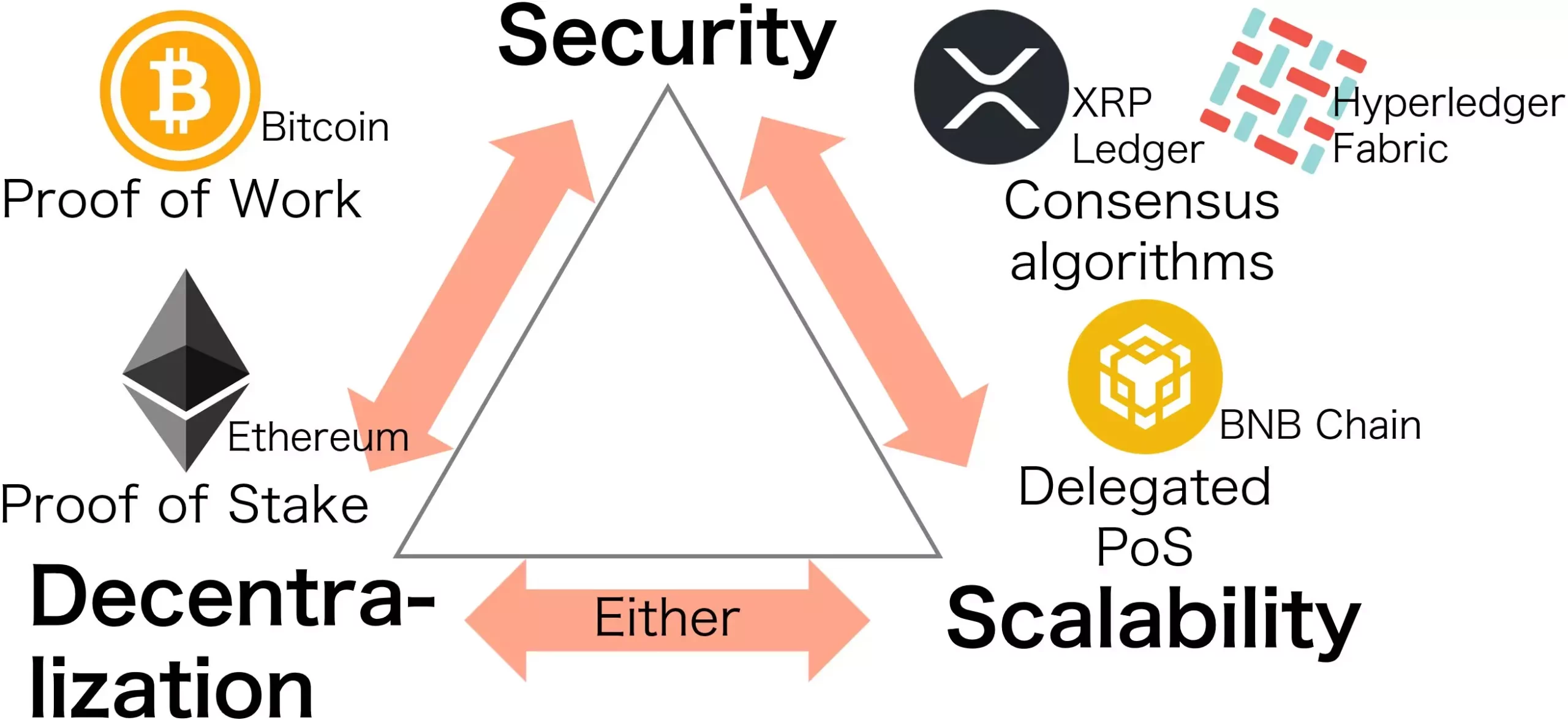In the ever-evolving landscape of blockchain technology, developers are continually grappling with the notorious “trilemma” that forces them to make difficult choices between scalability, security, and decentralization. Traditionally, it has been argued that only two of these three qualities can coexist within a blockchain environment. However, recent research from Kyoto University has cast a new light on this long-held belief. This innovative study has formulated a mathematical expression that attempts to encapsulate these three elements, particularly in Proof of Work (PoW) blockchains like Bitcoin.
A Quantum Leap in Understanding
The researchers, led by Kazuyuki Shudo, establish that the product of scalability, security, and decentralization equals one—a revelation that has promising implications for blockchain developers. The formula serves as a solid foundation for understanding how to improve scalability without compromising the other two foundational elements. For example, the team’s suggestions of reducing block sizes or increasing transaction speeds are insightful pathways toward a more balanced blockchain ecosystem.
This mathematical expression is not merely an academic exercise; it holds real-world significance for blockchain practitioners. The prospect of leveraging existing techniques like Bitcoin’s Compact Block Relay to minimize transaction size poses a tantalizing option for developers seeking higher transaction throughput. The ability to enhance scalability while preserving the integrity of security and decentralization may provide a pathway for blockchain technology to gain broader adoption and sustain operational efficiency.
Questioning Conventional Wisdom
The concept of the blockchain trilemma, popularized by Ethereum co-founder Vitalik Buterin, has inspired countless interpretations and attempts at solutions. Yet the practical application of these solutions has often faltered, raising questions about their efficacy. Shudo emphasizes that many proposed techniques fall short of providing clear metrics for the trade-offs between scalability, security, and decentralization. As developers continue to innovate, the need for empirical validation becomes increasingly pronounced. Simply put, ambitious advancements without proven foundations are less likely to foster trust and long-term viability.
The Kyoto University research brings a much-needed mathematical rigor to this discourse, prompting developers to rethink their approach to scalability improvements, particularly in the context of security measures. In their prior study, the team even correlated security indices with scalability metrics, highlighting an intrinsic link that emphasizes the need for a holistic view in blockchain design.
The Future of Understanding Blockchain
As we stand at the precipice of blockchain’s potential, this new mathematical insight is a potent tool that could reshape our understanding of the technology. The researchers at Kyoto University recognize the importance of both PoW and Ethereum’s transition to Proof of Stake (PoS), suggesting that their work could expand to accommodate this emerging paradigm. This acknowledgment of varied blockchain approaches suggests a future where diverse models coalesce to enrich the ecosystem rather than compete destructively.
With ongoing advancements and increasing interest in the blockchain sphere, the tantalizing possibility of achieving a more synchronized balance among scalability, security, and decentralization seems within reach. However, this will demand continued efforts from researchers and developers alike to build not only viable systems but also trustworthy frameworks upon which these systems can operate. The road ahead may be challenging, but the potential rewards are immense.

